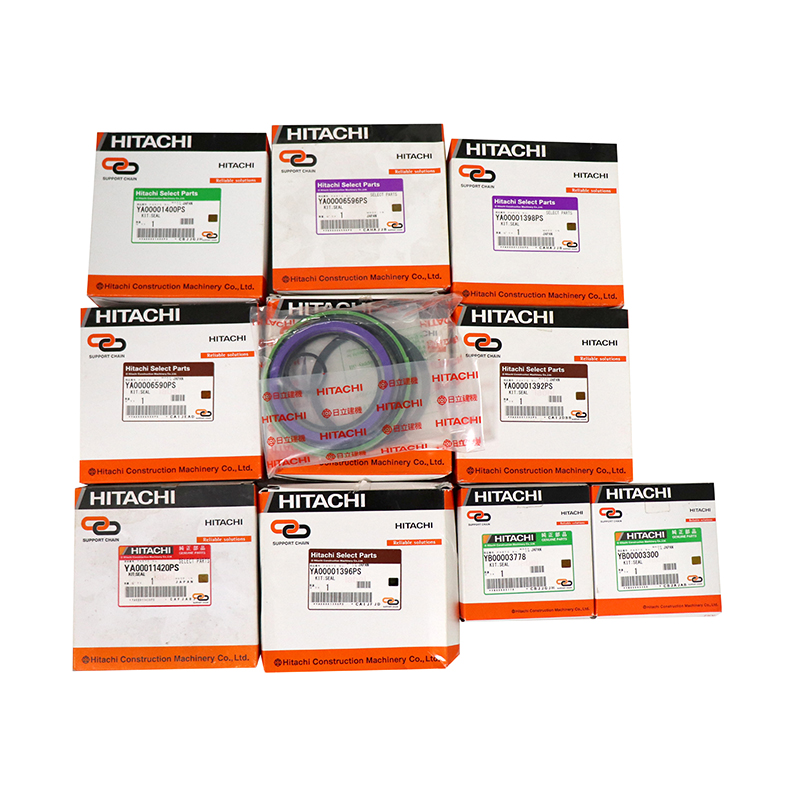Engine seals can go bad due to various reasons, including wear and tear, high temperatures, aging, exposure to harsh chemicals, and improper maintenance. Over time, the seals can deteriorate, dry out, harden, or develop cracks, which can lead to oil or coolant leaks and loss of compression.
High Temperatures: Engine seals are exposed to high temperatures generated by the combustion process and the heat produced by the engine. These extreme temperatures can cause the seals to degrade and lose their ability to maintain a proper seal.
Pressure Changes: The engine operates under varying pressure conditions, including compression and combustion pressures. These pressure changes can put stress on the seals, leading to wear and potential failure.
Contaminants: Engine seals can be exposed to various contaminants, such as dirt, debris, engine oil, coolant, and fuel. These contaminants can degrade the seal material, interfere with its flexibility, and cause it to lose its sealing ability.
Improper Installation: If engine seals are not installed correctly during maintenance or repair, they may not be properly aligned or compressed, leading to leaks and premature failure.
Chemical Degradation: Engine fluids, such as oil and coolant, can contain chemicals that can degrade the seal material over time. This chemical degradation can weaken the seals and compromise their ability to maintain a tight seal.
Poor Maintenance: Inadequate maintenance practices, such as infrequent oil changes or neglecting to replace worn-out seals, can accelerate the deterioration of engine seals.
It’s important to note that different types of engine seals, such as gaskets, O-rings, and valve stem seals, may have specific causes for failure based on their location and function within the engine. Regular maintenance, including proper fluid changes, inspections, and timely replacement of worn-out seals, can help prevent premature seal failure and ensure the longevity of the engine seals.



